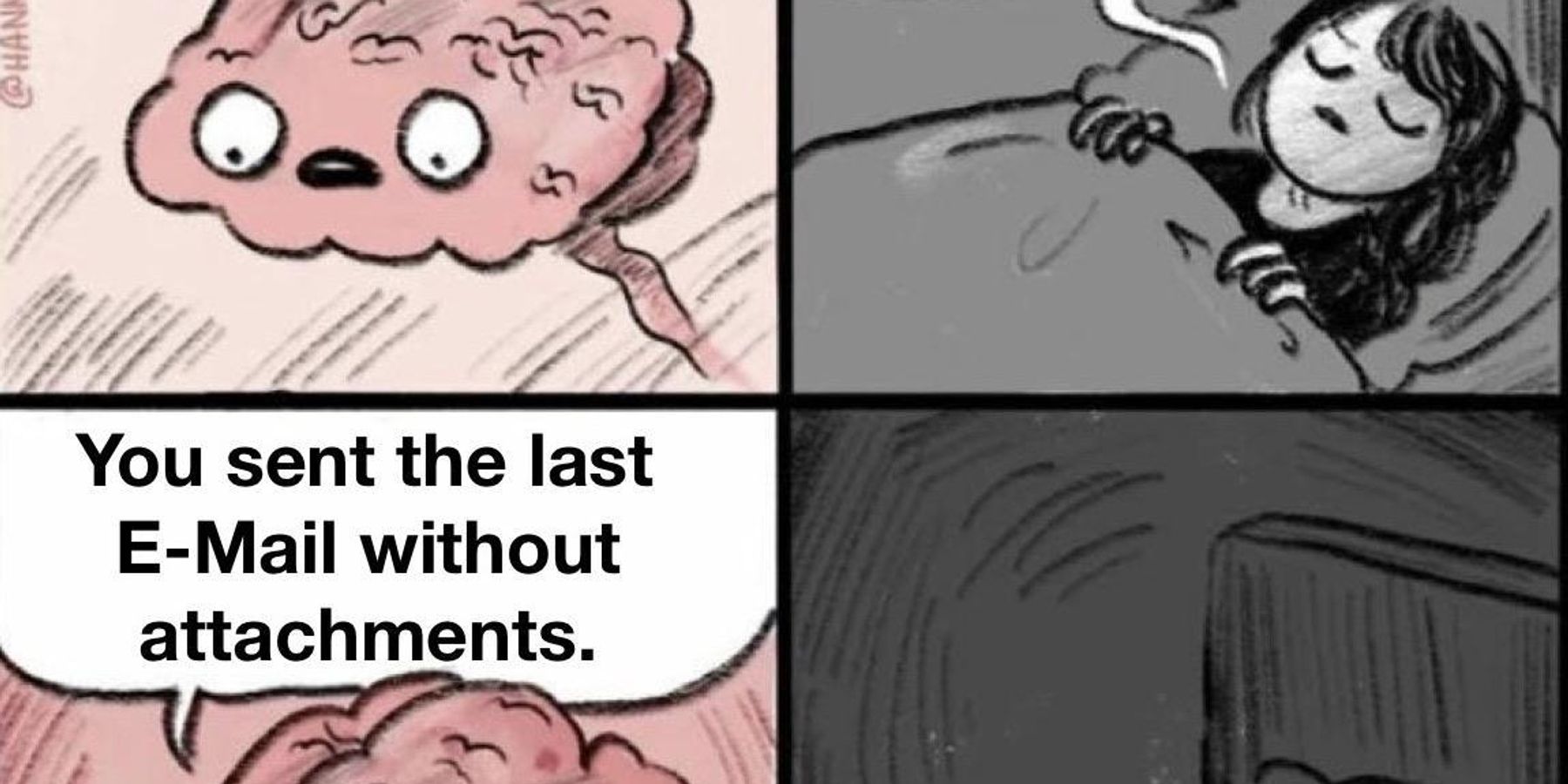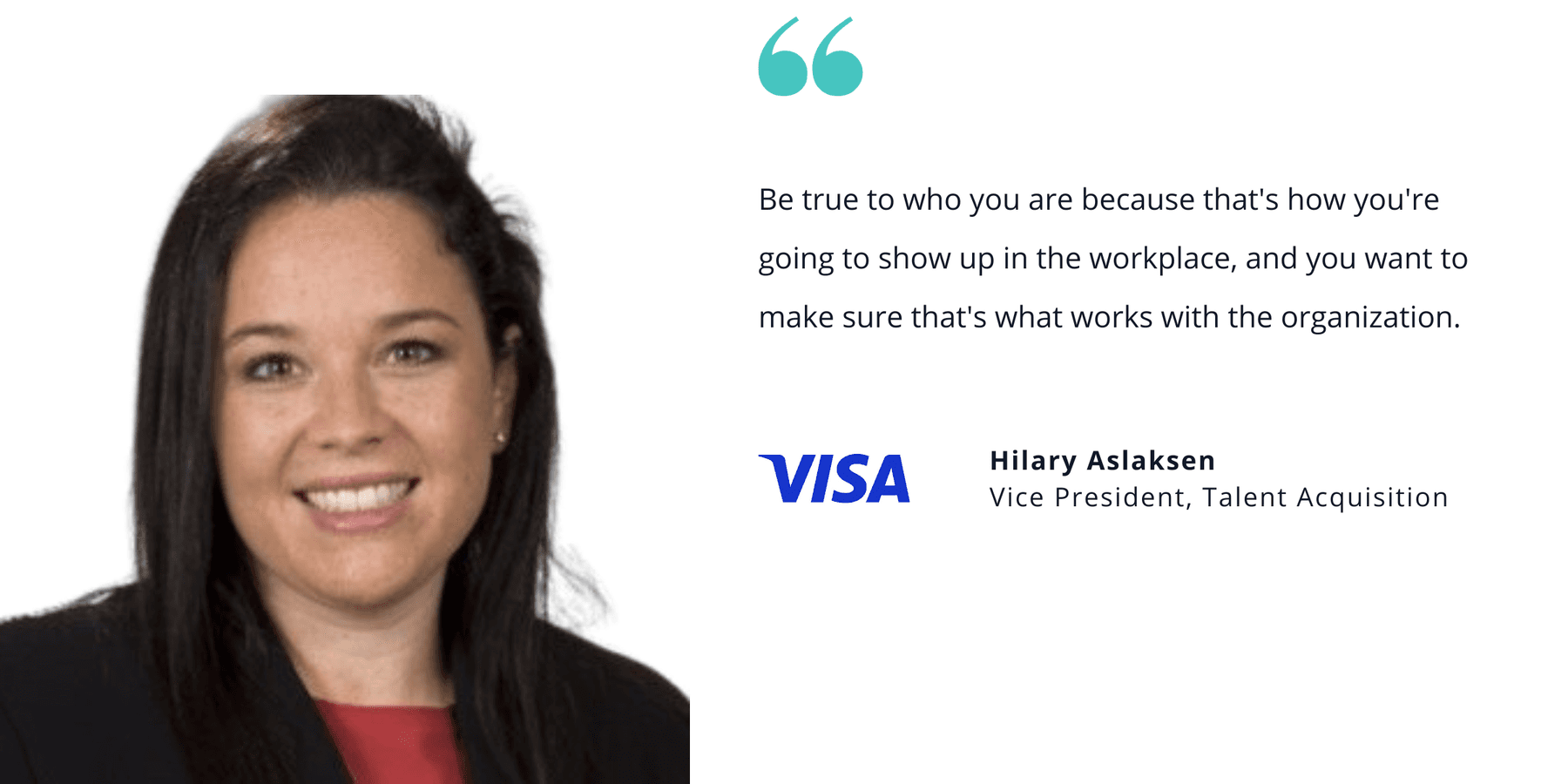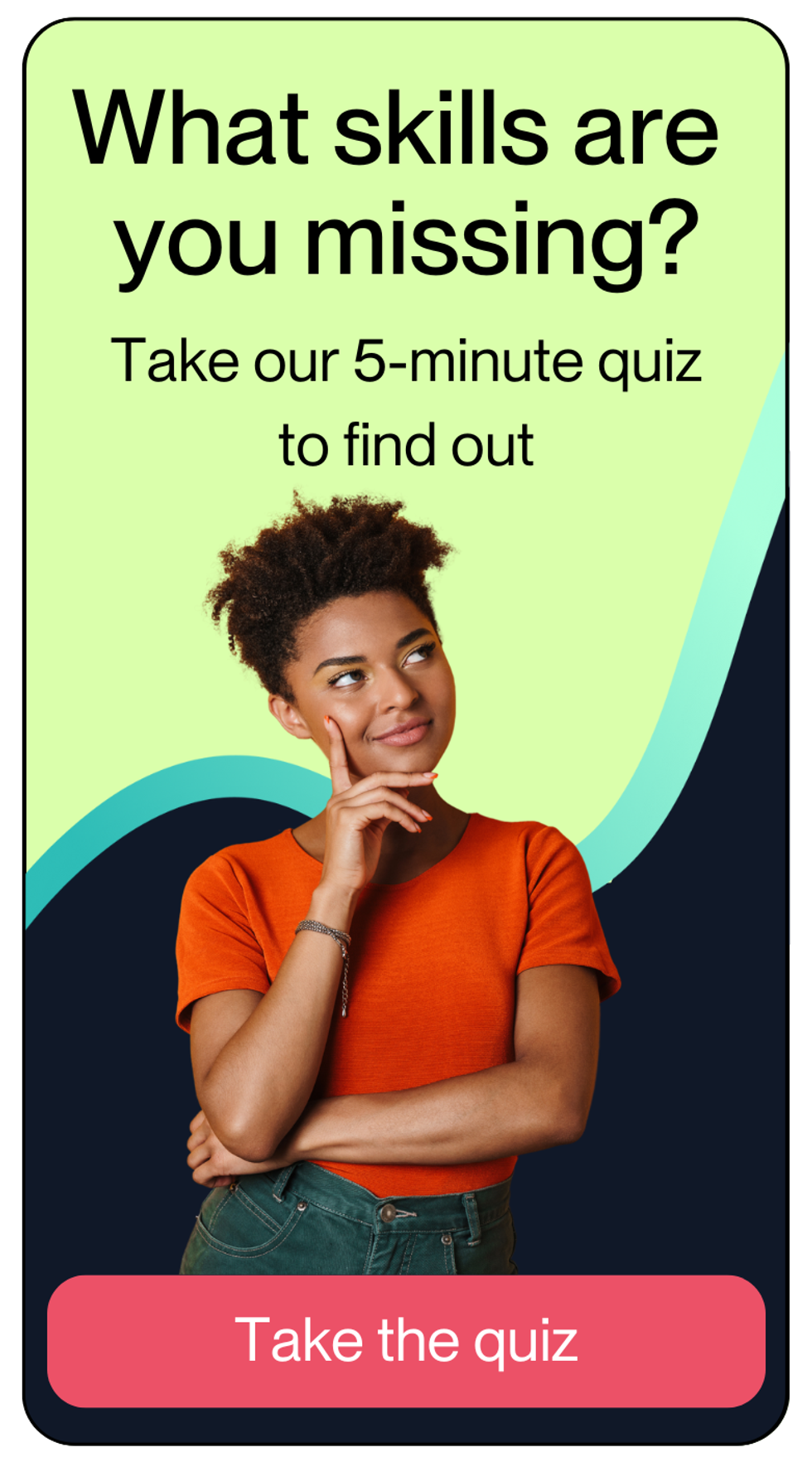So, you scored a job interview. Congrats!
However, it doesn't mean diddly-squat if you're not prepared. To be honest, you should have already done most of the preparation before you even applied for the job (otherwise how do you know if it's a good company or a job worth applying for?) Either way, be SURE you do your prep.
Here's how to prepare for a job interview:
1) Research the Company
Is the company mission in line with your goals? Does their purpose ring true for you? Are their values similar to yours? Is the company size a good fit for you? What about the work climate; does their company culture jive with your personality? Before your interview, be able to verbalize what their company is all about. This research will allow you to speak intelligently about their company and help both sides make a better decision.
2) Be 100% Clear on What the Position Is
Have they listed (in detail) your daily duties? If not, use the interview to gain clarity by asking specific questions about the role. Prepare and make note of these questions beforehand so that you don't forget to ask them during your interview. If the company is vague about the position and trying to "sell" it to you seemingly in a hurry, run away. It means they are either not ready to hire you (unsure of the position themselves and just plain unorganized) OR they know it is a limited (perhaps crappy) role but they have to fill it and don't really care how.
3) Understand Your Value
And be able to put this into words. This takes time and practice. Do the work! Think about and even write down your strengths, your talents, your areas of expertise, and your unique skills. Be clear on how you can add value to their mission by using these talents that you possess. Come up with examples of HOW you have already added value to projects in your current or prior roles. Be ready to share these examples during the interview.
4) Be Honest About Your Strengths & Weaknesses
Yes, you want to be very honest and specific about your strengths and not afraid to boast about them (matter of factly) in an interview. Now is not the time to be all bashful and insecure. If you are very skilled at something, just tell them! But you do NOT want to tell (even white) lies here to make yourself seem really good at something you are not. Everyone has things they are amazing at and things they are not — it's those who understand what their capabilities are and where their talents "fit" that have the best luck with jobs. Self-awareness is the key to any superb job match.
5) Think of 1 Story You Want to Tell
At the end of the day, stories are what people remember. Lots of interview questions start with, "Tell me about a time..." but it can be hard to think of good anecdotes under the wire. You should always have one great story about a time you excelled at work top-of-mind so that if the chance to share it arises, you're ready. Making an emotional connection with your interviewer by sharing a story with a beginning, middle, and end will stick with them much longer than a dry/vague description of a time you overcame a problem.
When To Consider Interview Coaching
You can follow each of these steps on your own, but if you're nervous that your prep work won't shine through in the interview itself, you might want to consider interview coaching. A typical interview coaching session will help you put your prep work into practice in a mock interview, which is followed by a debrief with feedback from your coach. There are two situations in which I think interview coaching can be particularly beneficial for applicants:
1) You're Pivoting Careers
As a career coach, I've found that interview coaching sessions are extremely valuable for clients because they offer tailored feedback. For example, you may be a superstar interviewing for roles as a software engineer, but now you're applying for a product management and nervous your skills won't transfer... during an interview coaching session, you can tackle that anxiety head on. Career coaches, myself included, will prep questions specific to the role and company you're applying for (and we often have inside knowledge on the questions most commonly asked in each industry), so you can be sure that you're ready for the role at hand.
2) You're getting lots of job interviews, but not many job offers
For anyone who doubts their soft skills, or is having a hard time locking down an offer after an interview, interview coaching can be the key to turning your job hunt around. In a real interview situation, we're all nervous... which means that it's not the best time to pick up on the visual or verbal cues your interviewer is almost certainly giving you about the quality of your responses. Alternatively, during a mock interview with a career coach, you can get real-time and specific feedback. And your coach will do the heavy lifting, noting when you could approve, on what, and how. Everything from when to make more eye contact to how to structure your responses to situational interview questions.
---
The DIY Approach
If you can't afford an interview coaching session, you can always join one of my free online sessions here... or you can get creative and do some interview coaching on your own.
Work through the 5 steps above, and then research a list of questions for the role you're applying for (you can compile a mixture of common interview questions, and role-specific questions that you find on sites like Glassdoor). Ask a friend to spend an hour working through the list with you and request their feedback on your answers.
You can also practice in front of the mirror or even film yourself so you can play it back and self-assess. Whatever you do, there's no substitute for practicing out-loud before an interview! Writing and memorizing a short speech is one thing, but crafting a compelling verbal answer is another... and the best way to get better is practice.




